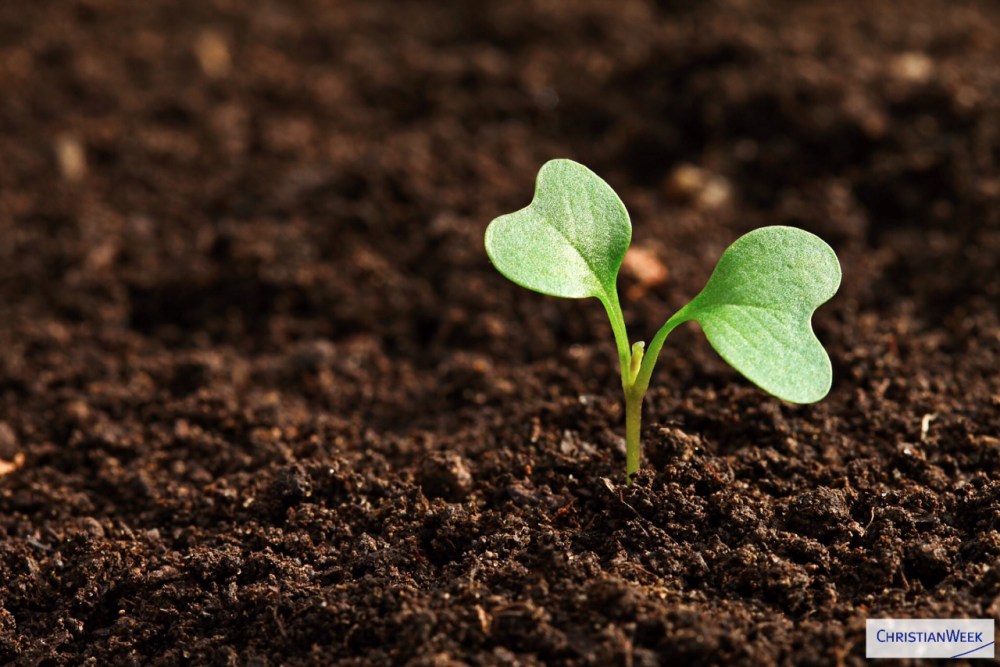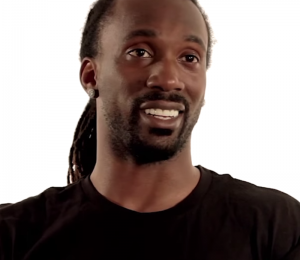
By Bev Mitchell
ChristianWeek Columnist | October 13, 2016
We Christians are careful to warn people that creation should not be worshiped, only the Creator. This is good advice, as far as it goes, but does it hide important things in its attempt to guard important things? Might it limit us in our Christian journey? What does such reasonable sounding advice miss?
So, can our Christian walk and our contemplation of creation be considered together, or do we have to keep them carefully separate, lest we err? Thomas Torrance, an outstanding if sometimes difficult to understand theologian, had a telling expression, ‘We should see God as Father before we see him as Creator’ (my paraphrase).
I don’t think Torrance was telling us to keep these two areas separate, but rather suggesting an approach to blending the two, perhaps even using Creator and creation together in our worship.
Finding God in the ordinary
You can find peace looking at a fully leaved tree as it moves in a soft breeze on a perfect summer day. This in no way interferes with your thoughts of Jesus as the Prince of Peace, in fact, it may well encourage such thoughts.
You may even understand the majesty of the biochemistry taking place within each and every leaf on that tree, know that photons excite a special group of molecules arranged in such a way that water molecules are actually split to provide electrochemical energy sufficient to make the sugars that both the tree and animals need. This in no way interferes with your thoughts of the majesty of the King of kings and Lord of lords.
If you further know that the very organelles in plant cells that house the machinery for the photosynthesis referred to above (chloroplasts) were once free living bacteria, your thought may turn to the wonderful unity so evident in much of biology.
This easily leads the Christian to thoughts of God as unity, the three in one, the unity Jesus prayed for in John 17. Not that we get gospel from contemplating creation, but it does suggest that what God makes possible can be seen to have themes that harmonize and rhyme.
You might even turn your thoughts to the origin and evolution of life, to the full extent that these are understood by modern biology, and revel in thinking of the freedom that is given to even the tiniest atom which came originally from distant stars to make this degree of apparent self-assembly possible.
The reality of such freedom easily leads to the contemplation of the necessary link between that kind of freedom and love, and, before long you find yourself thinking of one of the most important things we can know – “God is love.”
God as creator and sustainer
Our earlier thinking of Creator and creation may have led us to such images as God as present in the gaps of our knowledge, and later to a God as the all powerful zapper, or the cosmic micro-manager.
Considering Creator and creation together these days will not let us think in these ways. More appropriately, it seems, we might think of God the Creator as the One who makes all things possible, the enabler, the protector and sustainer, the freedom giver, the great lover – indeed the one whose very being is love.
I’m a biologist, so I like to use the living world as a metaphor for creation. I fully realize that life utterly depends upon non-living matter and energy as it also depends, in spiritual terms, on the Creator who is Spirit.
We have much information on the manner and mechanism of dependence in the first two cases, and very little on manner and mechanism at the matter-spirit junction, the so-called causal joint. Of course, this is because one is materially accessible the other is not.
We don’t know the mechanisms by which creation and Creator work together, but that they do, that they must, begins to seem much more likely when we consider even the little we do know of both together.
Thinking of things separately can be very useful, scientists do this all the time to good effect, but nothing in this world is really separate from the rest. Since all of creation is made possible and sustained by God the Creator, we probably are well advised to imagine how we might legitimately contemplate them together.
God who enters into His creation
For, ultimately, God the Father, through the Son is not afraid to call us his own, not afraid to call creation good, even promises to restore completely whatever stands between creation’s goodness and its ultimate perfection. And, most important of all, the Creator was not afraid to actually enter into creation himself as our perfect example, saviour, paraclete, and King.
Creation does not repel God, it’s all his idea. He intends for it ultimately to be exactly what he wants it to be, and even provides a glimpse of this in the resurrection.
He also provides ways and necessary guidance for us to help in his ongoing creative work, to agree with him on matters of the kingdom, which includes creation and its care as well as our salvation.




